Are Humidifiers Good or Bad for Cats? Will It Harm Your Feline?
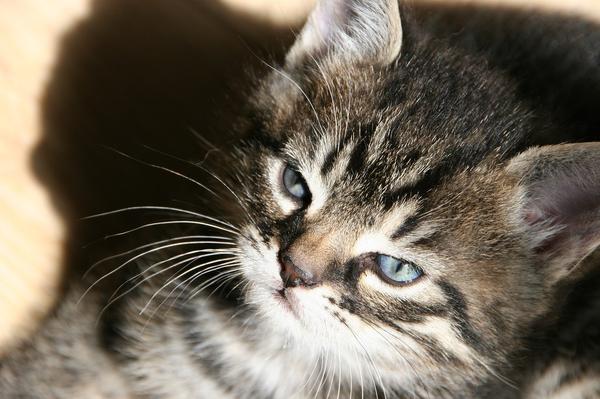
Worried about using humidifiers around your furry friends?
I feel ya, you don't want anything to harm those precious kitty fluffballs 😺.
But what if I told you there's a way to keep them happy and hydrated?
Let's dive in and find out!
Are Humidifiers Good for Cats?
Humidifiers can greatly benefit cats by improving respiratory health, relieving symptoms of upper respiratory infections, allergies, and asthma. They add moisture to the air, alleviating dryness that can lead to skin issues and bacterial infections. However, caution is necessary to prevent heatstroke and ensure proper care and cleaning.
Are you wondering if it's safe to use humidifiers around your cats?
Look no further. Humidifiers can work wonders for your furry friends, providing relief for respiratory issues and making them feel more comfortable. Not only that, but they have been proven to be extremely beneficial for cats with upper respiratory infections, runny noses, or frequent sneezing.
How do they do it?
By adding moisture to the air, these devices can improve nasal passages and alleviate cold symptoms in cats.
And that's not all!
Using a humidifier can also contribute to healthier skin, coat, and overall respiratory function for your feline friend.
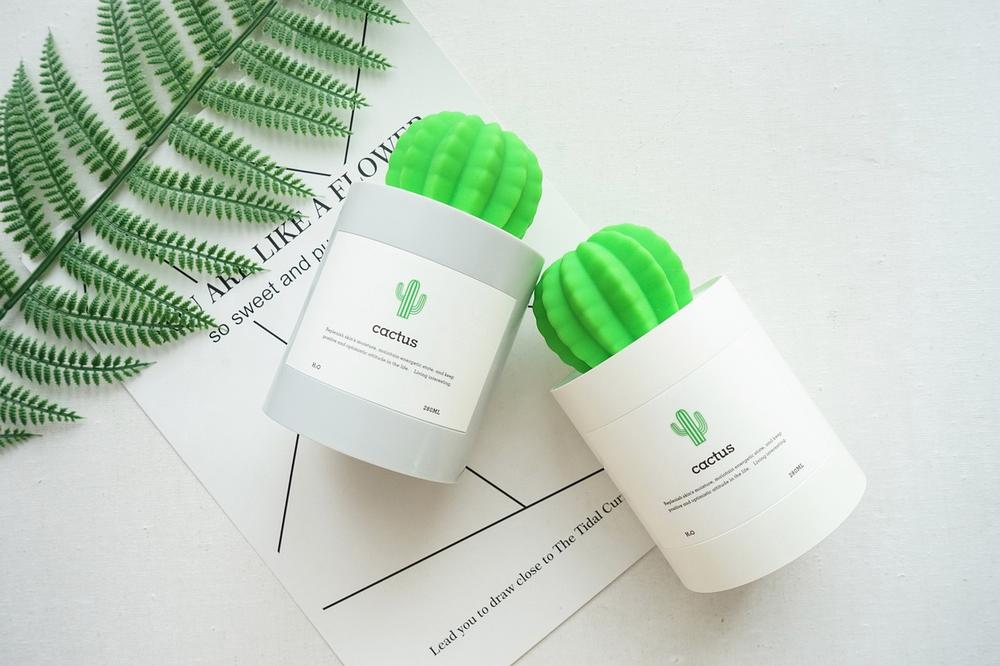
Dry air can cause a host of problems for cats, including dry skin, fur coat issues, susceptibility to bacterial infections, dandruff, scratching, and in essence skin dryness.
But with the help of a humidifier, you can maintain a balanced moisture level in your home, effectively reducing irritating symptoms like dry coughs and congestion.
And here's the best part – humidifiers are not just for cats with respiratory issues.
They can also be a game-changer for cats with allergies and asthma. These devices work wonders by reducing allergens in the air, keeping mucus membranes hydrated, and minimizing triggers for asthmatic cats.
But hold on, there is a catch when it comes to using humidifiers around your furry friend, especially if you're considering a cool mist humidifier.
You need to proceed with caution and choose and use humidifiers carefully. Proper care, cleaning, and hydration are essential to ensure the safety and well-being of your cat.
The last thing you want is to put your cat at risk for heatstroke.
So, my friend, while humidifiers certainly have their benefits for our beloved cats, you should take the necessary precautions. By doing so, you can enjoy the benefits they bring to your cat's respiratory health and overall well-being.
Cat Safety: Humidity and Humidifiers
To keep your cats healthy and happy, you must monitor the humidity levels in your home. Here's what you need to know:
- Get yourself a hygrometer so you can easily measure the humidity. You want to aim for a sweet spot of 30% to 50%.
- During those dry winter months, humidifiers can really come in handy, especially if your cat is dealing with an upper respiratory infection. 😺
- Remember to take good care of your humidifier by regularly changing the water and cleaning or replacing the filters.
- Cats prefer a humidity level between 30% and 50%, which may not be natural in some areas. So, it's up to you to create that ideal environment for them.
- When using humidifiers, make sure to keep your cats safe by keeping them away from any electrical cords and preventing any accidental spills.
- No hygrometer? No problem! There are other ways to figure out the humidity levels, like observing your cats' behavior and looking out for signs of dry air such as static electricity.
Ultimately, if you want your cats to thrive, you need to maintain optimal humidity levels in your home.
To ensure the well-being of your beloved cats, it's important to maintain optimal humidity levels in your home, as mentioned earlier.
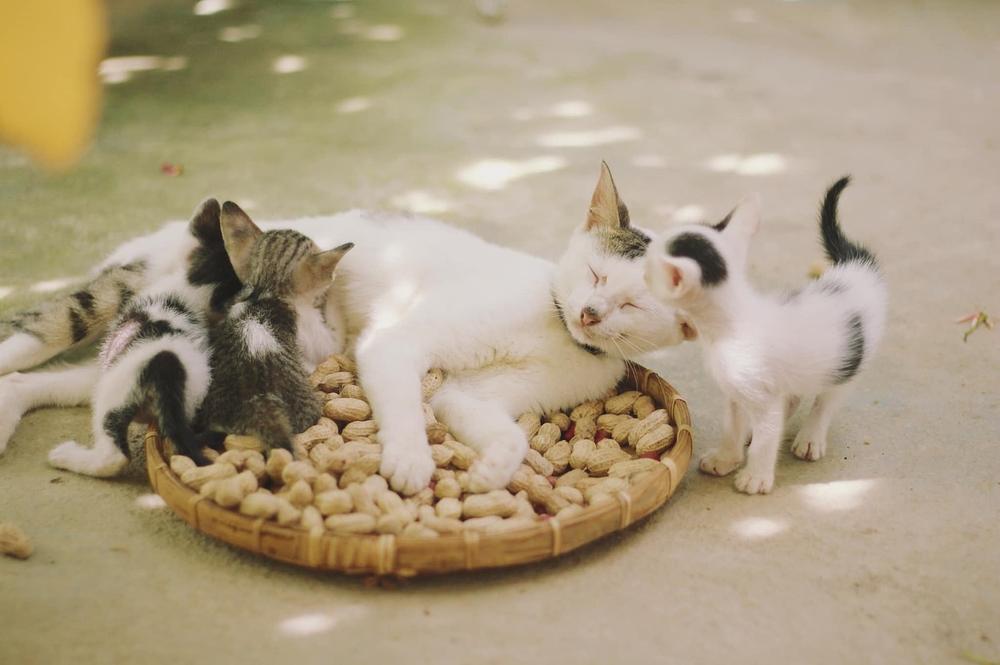
By doing so, you provide a comfortable environment that promotes their health.
However, if you're concerned about other aspects of keeping your cats safe, like whether philodendron plants are toxic to them, I highly recommend checking out my article Are Philodendron Toxic to Cats.
In this guide, you'll find valuable information and tips on how to keep your pets safe from potential dangers without compromising your home's ambiance.
Types of Humidifiers for Cats
Ultrasonic cool mist humidifiers are perfect for cats. Let me explain why:
- Silent operation: Cats dislike loud noises, so these humidifiers won't bother them with any unpleasant sounds.
- Cooling effect: Cats adore a gentle breeze. The cool mist from these humidifiers will keep your cat relaxed and refreshed.
- Filtered air: Dry air can irritate cats, but these humidifiers purify the air before releasing it as a mist, making it safer for your furry companion.
- Avoid lightweight humidifiers: You don't want your humidifier toppling over and scaring your cat. Choose compact and sturdy options to minimize any potential harm.
- Use distilled water: Regular tap water can breed contaminants that harm cats. To prevent this, use distilled water in your humidifier to limit microbial growth and reduce contamination risks.
- Proper maintenance: Keep your humidifier clean and in good shape by following cleaning tips to ensure it functions properly.
- Cool mist vs warm mist: Understand the difference between cool and warm mist humidifiers to choose what suits you and your feline friend best.
Remember these pointers when searching for a humidifier for your feline buddy! 😉
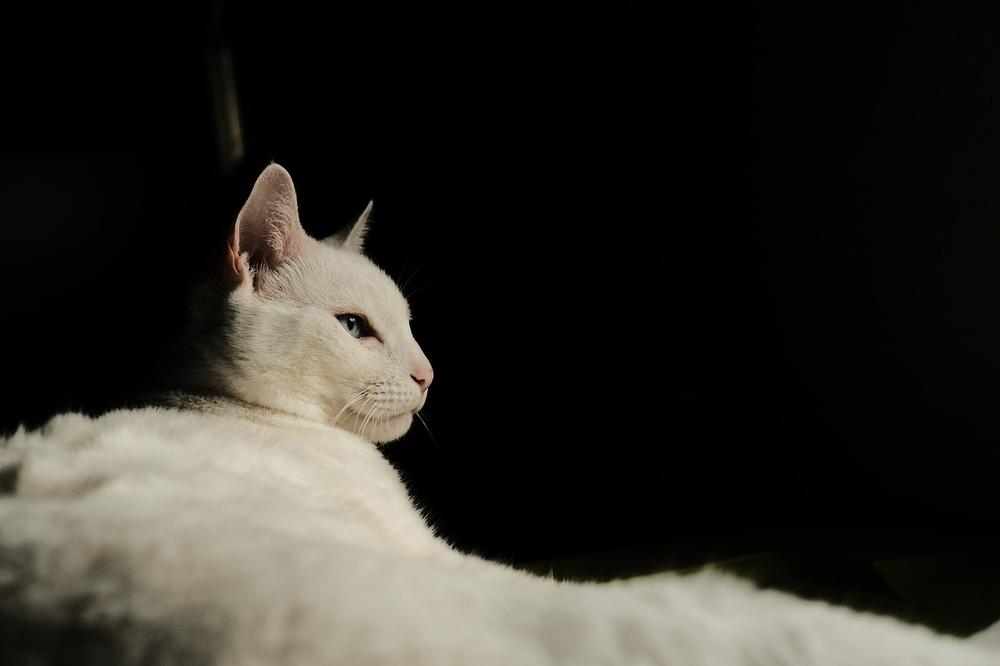
And now, let's explore the potential risks and precautions to be aware of when using humidifiers around cats...
The Risks of Humidifiers for Cats
Excessive humidity can lead to health problems for cats
When it's too humid in your home, it's not just uncomfortable for you but also for your furry friend. You see, when there's too much humidity from a humidifier, it can cause all sorts of issues for your beloved cat.
It starts with mold and mildew, which no one wants around, right?
But it goes beyond that. Your kitty can suffer from nasty bacterial growth, allergies, asthma attacks, and respiratory problems.
That's something we definitely want to avoid, isn't it?
So what should you do?
Safety precautions are necessary when using warm mist humidifiers around cats
Now, let me tell you something about warm mist humidifiers.
They might seem cozy and comforting, but trust me, they can be dangerous for your precious feline.
Imagine this:
If the device gets knocked over, your poor kitty could get burnt.
We wouldn't want that to happen, would we?
To keep your furry companion safe and sound, ensure to place the humidifier in a location away from electrical outlets and anything that Kitty might accidentally push or knock over.
Safety first!
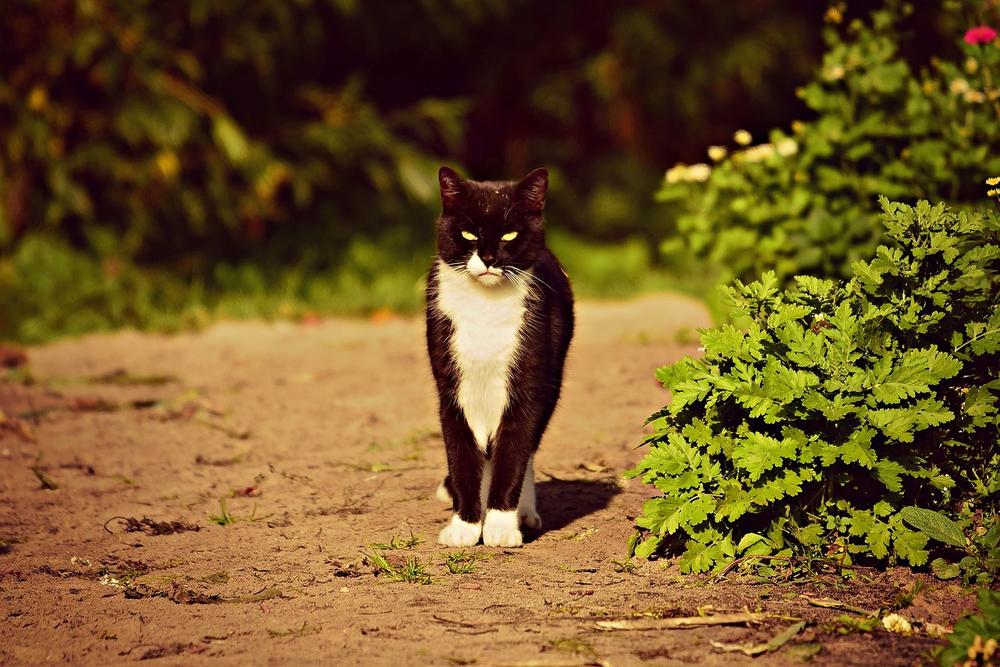
And here's an important bit: Always keep a close eye on your cat when using a humidifier, especially at the beginning.
It's better to be safe than sorry, right?
Regular cleaning and precautionary measures are key
Alright, now let's talk about maintenance.
Humidifiers need some tender loving care too, just like you and your furry friend.
If you neglect regular cleaning, guess what happens?
Mold and bacteria start growing, and that's bad news for both of us. So please don't forget to give your dear humidifier some TLC.
Oh, and before you even think about using a humidifier, check those labels...
Some may emit harmful chemicals, and I'm sure you'd agree with me that exposing your precious kitty to that is a big no-no. Safety should always be our priority, right?
And here's a bonus tip:
Keep a watchful eye on your cat around humidifiers.
While it's not very common, some kitties might get attracted to the moisture coming out of these devices.
Just make sure they don't knock it over and cause any potential disasters.
But that's not the only thing you need to be cautious about when using humidifiers around cats.
Are Essential Oil Humidifiers Safe for Cats?
Essential oil humidifiers are not safe for cats. Cats have a highly sensitive sense of smell, making them susceptible to health issues when exposed to the strong scents of essential oils. Certain oils like cinnamon, citrus, and peppermint are toxic to cats, causing walking difficulties, low body temperature, and digestive problems. Protect your feline friend by avoiding essential oil humidifiers.
Essential oils and cats?
Not a good mix. Keep those oils away from your furry friend.
Let me break it down for you...
Essential oils can be harmful to cats, causing all sorts of health issues.
You don't want that for your precious kitty, do you?
Here's the deal.
Cats have a super sensitive sense of smell.
Those strong scents from essential oils can really mess with their little noses.
And that can lead to some serious problems.
Walking difficulties?
Yup, that's one thing cats might experience when exposed to essential oils.
Low body temperature?
Oh yeah, that too.
And let's not forget about vomiting, diarrhea, and even depression. Nobody wants that for their kitty.
So here's what you need to know...
Some essential oils are just flat out toxic to cats.
Stay away from cinnamon, citrus, eucalyptus, peppermint, pine, wintergreen, and ylang-ylang.
They're bad news for cats.
And remember, no essential oils in humidifiers if you've got a feline friend at home.
Protect their sensitive sniffer and keep them safe.
Vicks Humidifiers and Cats
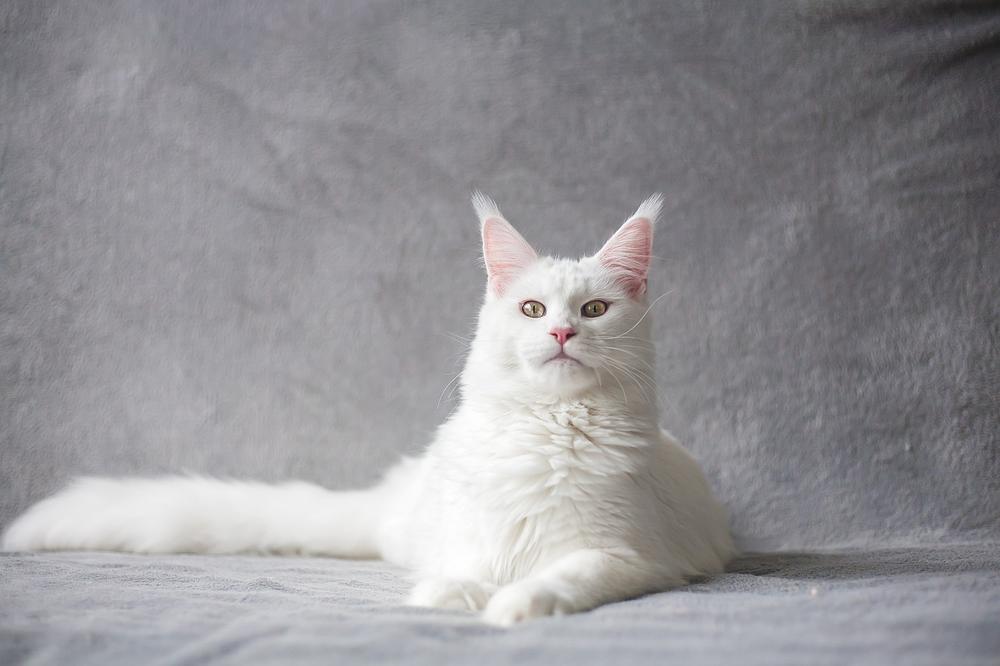
Using Vicks vaporizers or similar products containing menthol and nutmeg oil around your feline friends can be hazardous. Cats should steer clear of these items as they have the ability to cause harm to our beloved pets, including cats.
Humidifiers: Weighing Benefits and Risks for Cats
- Humidifiers benefit cats with respiratory issues, dry skin, and allergies.
- Maintain home humidity levels between 30% and 50%.
- Use distilled water and clean humidifiers regularly to prevent contamination.
- Ultrasonic cool mist humidifiers are safe and recommended for cats.
- Warm mist humidifiers pose risks of burns and should be avoided.
- Take precautions to prevent cats from tipping over or being scalded by hot mist.
- Excessive humidity can lead to mold, mildew, and respiratory problems.
- Essential oils are toxic to cats and should never be used in humidifiers.
- Vicks vaporizer and similar products with menthol and nutmeg are unsafe for cats.
- Check labels and ensure proper placement and maintenance of humidifiers.
And that wraps up today's article.
If you wish to read more of my useful articles, I recommend you check out some of these: Can Cats Drink Beer, Why Does My Kitten Fart So Much, Can Cats Drink Tap Water, Can You Bathe a Pregnant Cat, and Can Cats Drink Fish Tank Water
Talk soon,
-Sarah Davis